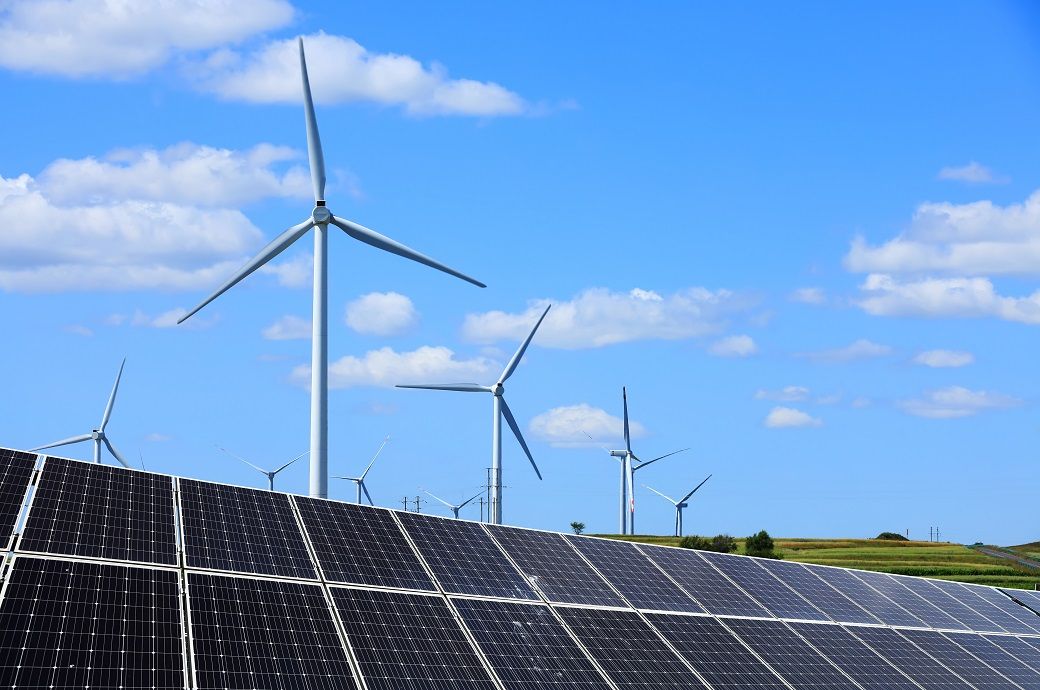
The report, compiled by the International Energy Agency (IEA) and the International Finance Corporation (IFC), suggested the use of blended finance, combining public funds with private capital to reduce project risks. It indicated that the current annual private financing of $135 billion for clean energy in these economies must reach roughly $1.1 trillion per annum within the next decade.
Moreover, the report advocated for greater international support to unlock clean energy potential in these economies, including regulatory improvements, infrastructure development, and better access to finance.
The report also addressed the need for concessional financing for projects involving newer, not-yet-scaled technologies like battery storage, offshore wind, and low-emissions hydrogen. It estimated that $80-$100 billion of concessional finance will be required annually by the early 2030s.
The study encouraged issuing more green, social, sustainable, and sustainability-linked bonds, provided robust certification mechanisms are established. Furthermore, it underscored the need for policy reforms, as numerous policy issues increase the cost of clean energy projects and hinder investment.
“The battle against climate change will be won in emerging and developing economies where the potential for clean energy is strong but the level of investments is far below where it should be. To address the pressing energy demands and emissions reduction goals in EMDEs, we need to mobilise private capital at speed and scale and urgently develop more investable projects,” said IFC managing director Makhtar Diop. “This report is a call to action and offers a clear roadmap on what is needed to meet both climate and energy goals.”
“Today’s energy world is moving fast, but there is a major risk of many countries around the world being left behind. Investment is the key to ensuring they can benefit from the new global energy economy that is emerging rapidly,” said IEA executive director Fatih Birol. “The investment needs go well beyond the capacity of public financing alone, making it urgent to rapidly scale up much greater private financing for clean energy projects in emerging and developing economies. As this report shows, this offers many advantages and opportunities—including expanded energy access, job creation, growing industries, improved energy security and a sustainable future for all.”
Fibre2Fashion News Desk (NB)